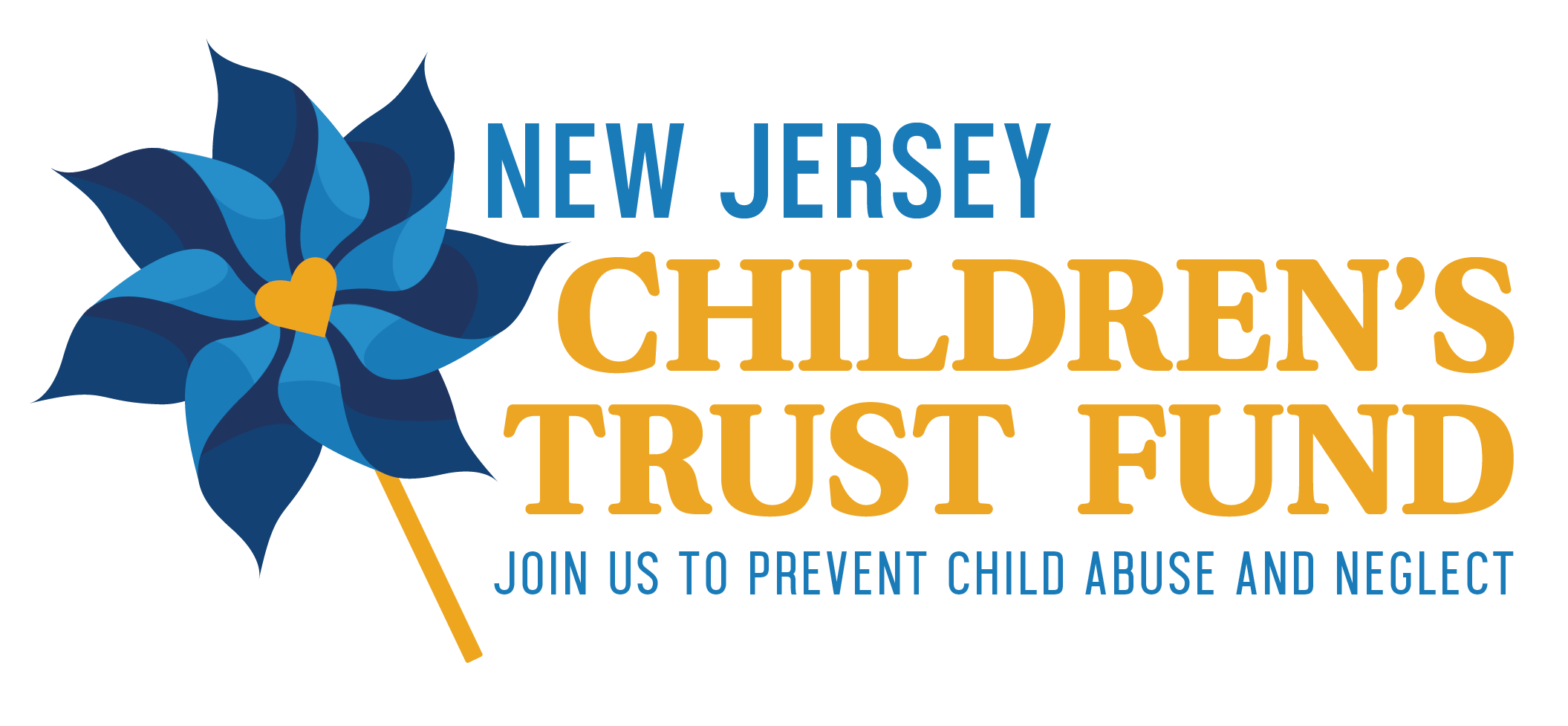Good morning, Your Honor
Six months ago, when we were last before this court, I described the Department of Children and Families as a well-functioning and well-resourced, self-monitoring and self-correcting child welfare agency.
I explained why DCF is well positioned to deliver necessary interventions to New Jersey’s children and families. I reported that DCF’s foundation is sound and our performance is strong. These elements remain true today and our work to advance a 21st century model for DCF has begun.
Our transformation started with a vision. DCF’s leadership team and I imagined a system made better by strategic and innovative improvements. Together, we have solidified our vision for DCF as a 21st century family- and child-serving agency and we better defined DCF’s vital role in the larger system of supports for New Jersey residents. The system we envision is focused on ensuring that New Jersey’s residents are—or become—safe, healthy and connected.
DCF’s transformation is guided by best practices, national trends and staff and consumer voice. We have reviewed literature, examined practices in other jurisdictions and engaged national experts in child welfare. We have comprehensively studied New Jersey’s data, and comparative national data. I engaged in a statewide listening tour, meeting with approximately 500 parents and youth to hear directly from children, families and caregivers served by DCF about their lived experiences with the Department. And we continue to engage with professional stakeholders through an ongoing series of statewide regional forums.
With all of this in mind, we have outlined an essential set of values, a guide to the work of our department. Collaboration, equity, evidence, family and integrity will be the core of our operations and interactions. We have identified approaches and practices that will underscore DCF’s work.
These core approaches —race equity, healing-centered practice, the protective-factors framework, family voice and collaborative safety—will underpin all that we do.
Most importantly, we have devised a plan for how we will maintain service excellence while simultaneously achieving the significant transformation of the systems we operate. The engine of our transformation comprises four major priorities:
- a focus on primary prevention of maltreatment and maltreatment-related fatalities,
- an emphasis on preserving kinship connections,
- a commitment to staff health and wellness and,
- better integration and improved access to the Children’s System of Care.
During Monitoring Period 23, we not only delineated our strategic direction, but we established courses of action to move those priorities forward.
- We further aligned our continuous quality improvement processes, re-designing the ChildStat process in whole. We re-focused ChildStat as a management tool grounded in the use of quantitative and qualitative data to improve the quality of service delivery and outcomes for families, and expanded the scope of ChildStat to include the Children’s System of Care and a review of county needs data.
- We identified enhancements to our case practice model that will allow staff to use evidence-informed social work techniques to focus on individual and family behaviors in need of changes, instead of on compliance and service completion. Through the use of behavior-based case planning, staff will better partner with families to develop solution-driven and family-focused case plans.
- We engaged stakeholders in our vision for child welfare in the 21st century, partnering with the Advocates for Children of New Jersey for an ongoing dialogue with community partners about a child welfare system that does everything possible to strengthen struggling families, prevent childhood trauma and keep children not just physically safe, but emotionally well.
- We engaged consultants—national child welfare experts—to assist us in developing a race equity review, workplace wellness initiatives and collaborative safety strategies that will result in a fairer, safer child welfare system in the Garden State.
- We created the Office of the Family Voice, the first of its kind in the nation, to ensure that parents, youth and kinship care providers have the opportunity to provide input on the policies and practices that impact their lives, and to ensure that their input is incorporated into our work.
Simultaneous with these transformative initiatives, DCF continued to make progress on meeting the demands of the Sustainability and Exit Plan. During Monitoring Period 23, we maintained performance on all foundational elements and measures already designated as to be maintained.
For the first time, we reached the target for monthly visits between siblings, bringing the total of measures met to 90%. Our performance, progress and opportunities for growth will be further summarized in DCF’s first comprehensive annual report, which we are excited to make available to the public on our website next month.
It is our expectation that continued progress towards achieving our strategic priorities will not only elevate DCF to the next level of service excellence but will move the needle on the few remaining Sustainability and Exit Plan Measures that have yet to be achieved—most notably, the quality of our work as measured by external review.
At DCF, we are excited about our trajectory and I am confident that, when we are back here six months from now, I will have much to report on DCF’s progress—not only towards achieving the goals of the SEP, but in enhancing our system to allow every child and every family in New Jersey to be safe, healthy and connected.
Thank you.






